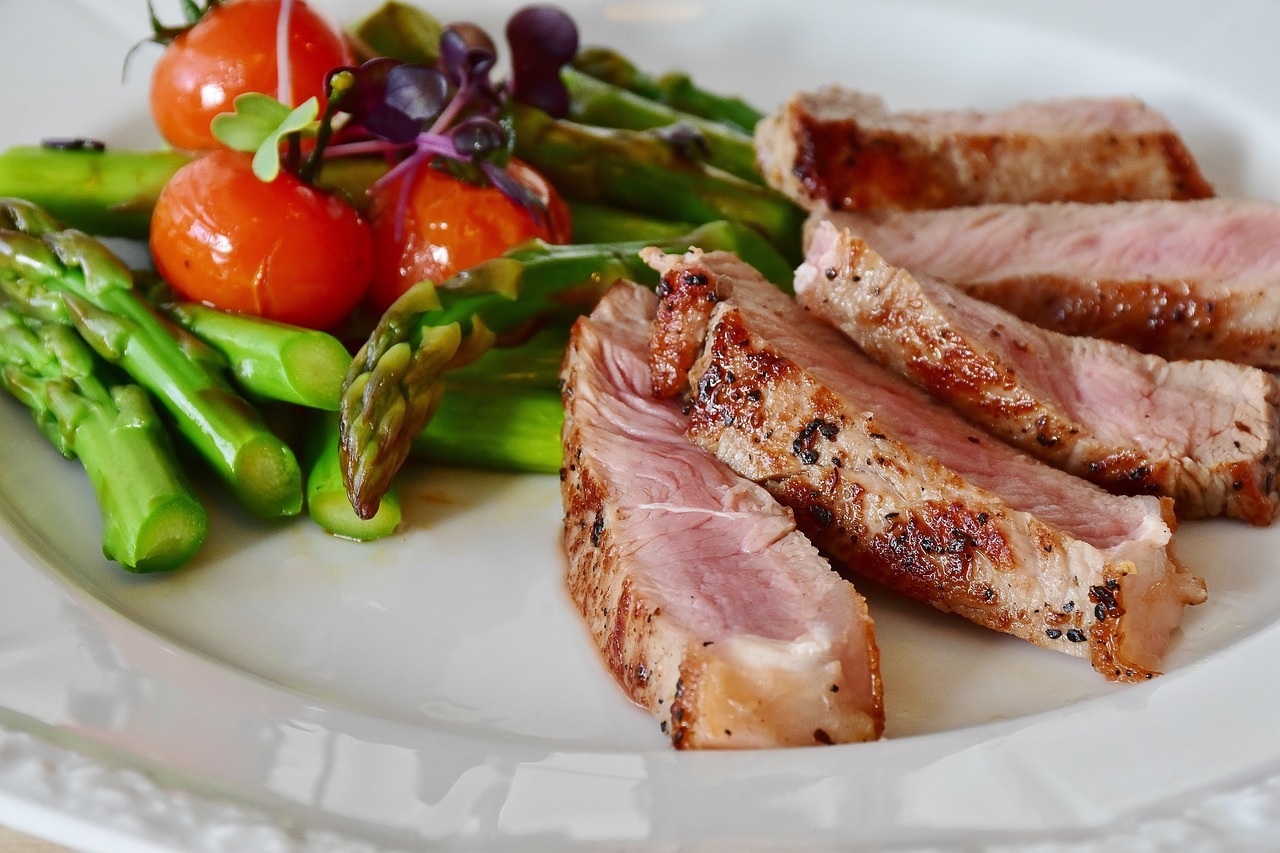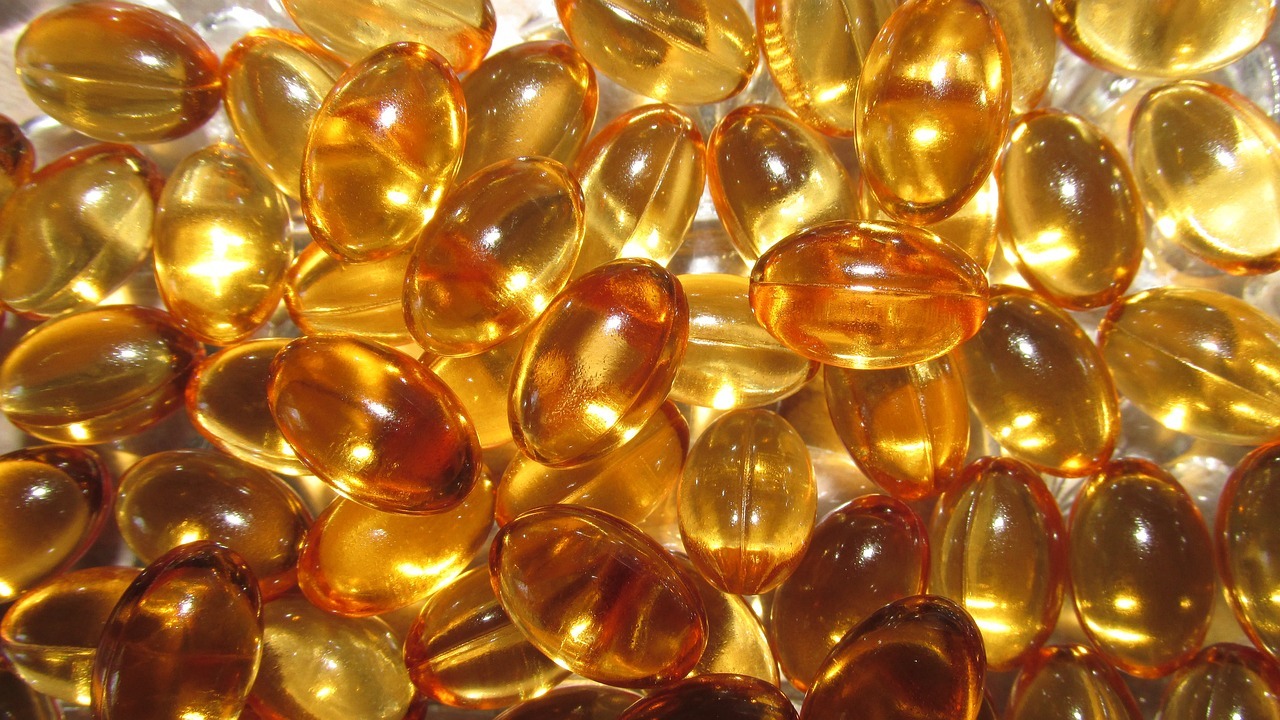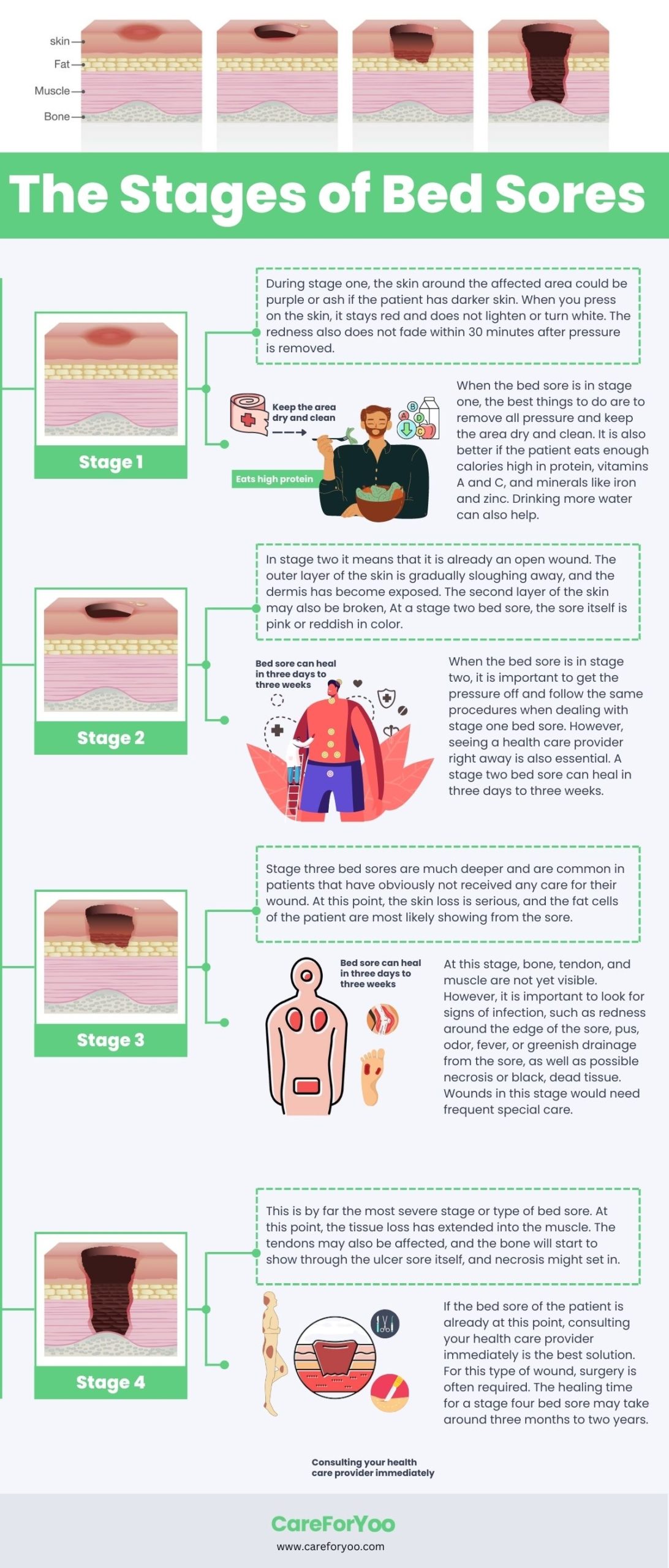Bed sores, also known as pressure ulcers or decubitus ulcers, are areas of skin that become damaged when someone is confined to a bed or wheelchair for a prolonged period of time. The constant pressure on the skin reduces the amount of blood flow, resulting in a lack of oxygen and nutrients being delivered to the cells in the affected area. Without proper nutrition, the healing process will be much slower or may even become stagnant.
Bedsores can become a serious medical problem, causing pain and discomfort and often taking a long time to heal. If you or someone you know is dealing with bedsores, there is hope! There are ways to speed up the healing process and to prevent sores from occurring in the first place. And one of the most effective ways of doing so is to provide the patient proper nutrition.
This post covers the important role that nutrition plays in the healing of bed sores. It contains information on the types of foods that can help the healing process and how the right nutrients can improve overall health and skin condition. It also touches on how to incorporate smart nutrition into your daily routine, so you can manage these wounds more effectively and prevent them from recurring.
Causes of Bed Sores
Understanding the causes is the first step towards treating bedsores. While bedsores are generally associated with staying in one position for too long, there are other factors that can contribute to their development. Let’s take a look at some of the most common causes.
Constant Pressure
Pressure can be a major factor in the development of bed sores. When a person is lying in one position for too long, pressure can build up on certain areas of the body, which can lead to damage of the skin and underlying tissue. This is why it’s important to ensure that a person does not remain in the same position for too long.
Shearing Forces
Shearing forces occur when a person slides or slips down a surface. This can occur if someone is lying or sitting on an uneven surface, or if they are sliding down a mattress or chair due to gravity. This can result in damage to the skin and underlying tissue, which can lead to bedsores.
Poor Nutrition
Poor nutrition can contribute to the development of bedsore, especially in people with limited mobility. Nutritional deficiencies can lead to tissue breakdown and poor wound healing, making it difficult for people to heal from bedsores. In order to promote healing, it’s important that individuals eat a balanced diet that is rich in proteins, vitamins, and minerals. Eating foods such as lean meats, fruits, vegetables, and whole grains will help ensure that the necessary nutrients are available to the body for pepper healing.
Dehydration
It’s also important to stay well hydrated in order to promote healing. Drinking plenty of water throughout the day helps to keep skin cells hydrated and healthy, which makes them less susceptible to developing bedsores. It’s also important to avoid consuming too many sugary drinks and processed foods as these provide little nutritional value.
Importance of Proper Nutrition
Although bedsores can take a lot of time to heal, proper nutrition plays an important role in the recovery process. The first step in treating bedsores is prevention by paying particular attention to hygiene and nutrition.
Proper nutrition helps with healing by helping the body fight infections and rebuild damaged tissue. Here are some common human body myths that most people believe.
Nutrients like protein, zinc and vitamins A, C and E play an integral role in stimulating cell growth, repairing and regenerating tissue, and promoting wound healing. Without the right amounts of these nutrients in the diet, it can be difficult for the body to repair itself properly.
Maintaining proper nutrition ensures that affected areas receive the necessary nutrients and oxygen required for healing. For example, Vitamin C helps strengthen blood vessels and increase circulation while Vitamin E can reduce inflammation and promote tissue repair. Including nutrient-rich foods in your daily diet will help promote healing of these painful wounds.
In addition to providing necessary nutrients, proper nutrition also helps maintain a healthy immune system. This is especially important when dealing with bed sores, since weakened immune systems can make it more difficult for the body to fight infections and heal wounds. Eating a balanced diet full of nutritious foods can give the immune system a much-needed boost and help speed up the healing process.
Nutrients That Aid in Healing Bed Sores
The healing process can be greatly accelerated by consuming sufficient amounts of essential nutrients such as proteins, vitamins C, E and zinc. These nutrients have been found to help protect against infections, reduce inflammation and support healthy skin cell growth.
Protein
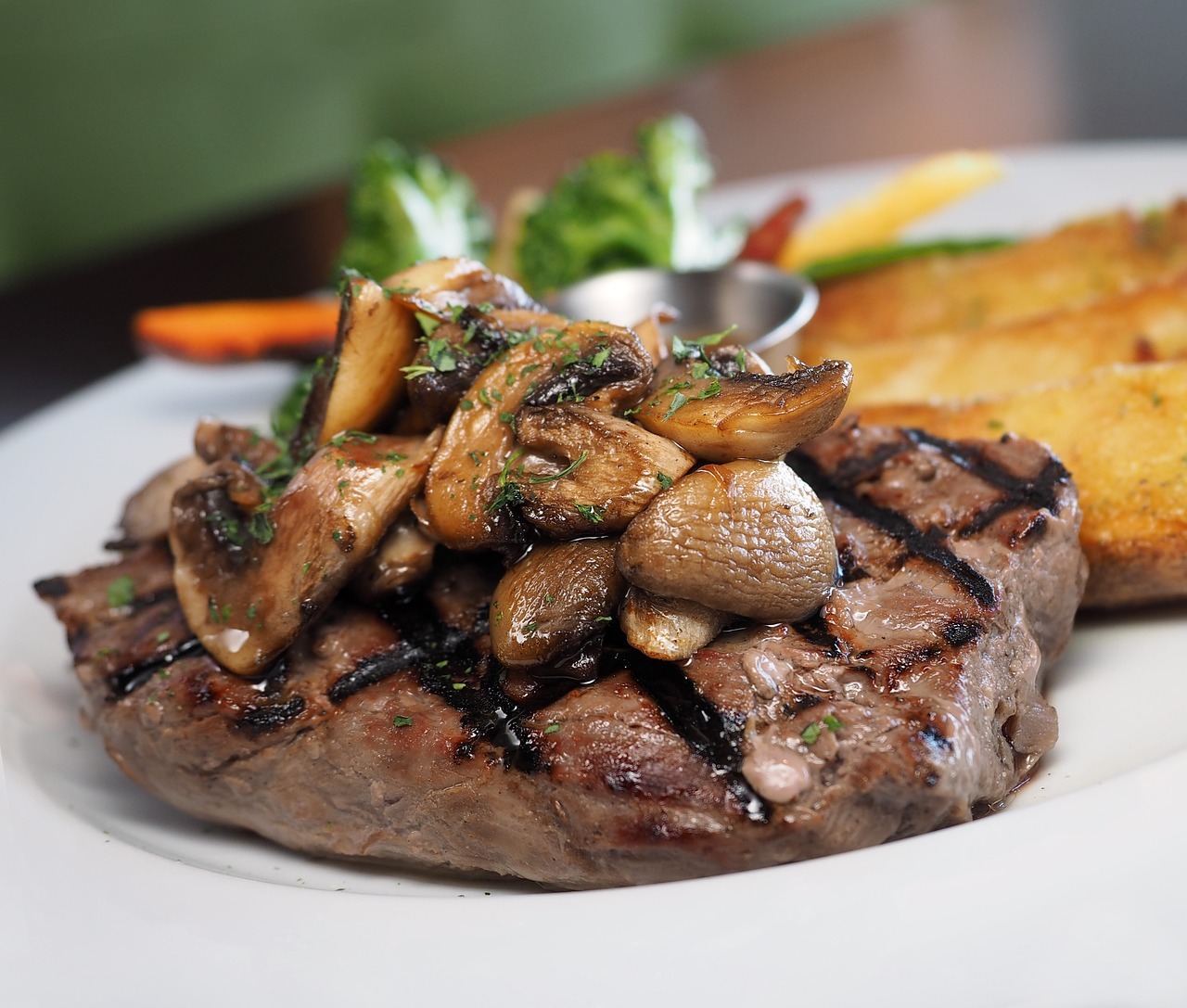
Protein is essential for tissue repair and wound healing. Consume at least 0.8g protein per kilogram of body weight each day to aid in wound healing process. Eating a diet rich in protein – such as lean meats, fish, egg whites, legumes, nuts, and seeds – can help promote the production of collagen, which is an important component of skin cells. It helps to keep them strong and healthy and promotes repair.
Adequate protein intake is important for making new cells, which then helps repair the wound. It is important to note that protein should not be over consumed as this can increase the risk of developing additional pressure ulcers.
Vitamin C
Vitamin C is an important antioxidant necessary for wound repair. It plays a vital role in wound healing and the formation of new blood vessels, which are necessary for tissue repair. Eating foods that are high in vitamin C such as oranges, strawberries, kiwis, bell peppers, kale, and broccoli can help promote healing and prevent further bed sores from forming. Taking a vitamin C supplement is also an option for those who are unable to consume sufficient amounts of foods containing this nutrient
Vitamin E
Vitamin E is another nutrient that is important for healing bedsores. It is an antioxidant that helps reduce inflammation and oxidative stress while promoting tissue repair in damaged skin cells. It also helps protect the skin from damage due to UV radiation and other environmental factors.
Foods such as almonds, spinach, and avocado are all good sources of vitamin E and should be incorporated into the diet. Taking a vitamin E supplement can also be beneficial if you cannot get enough from your diet alone.
Zinc
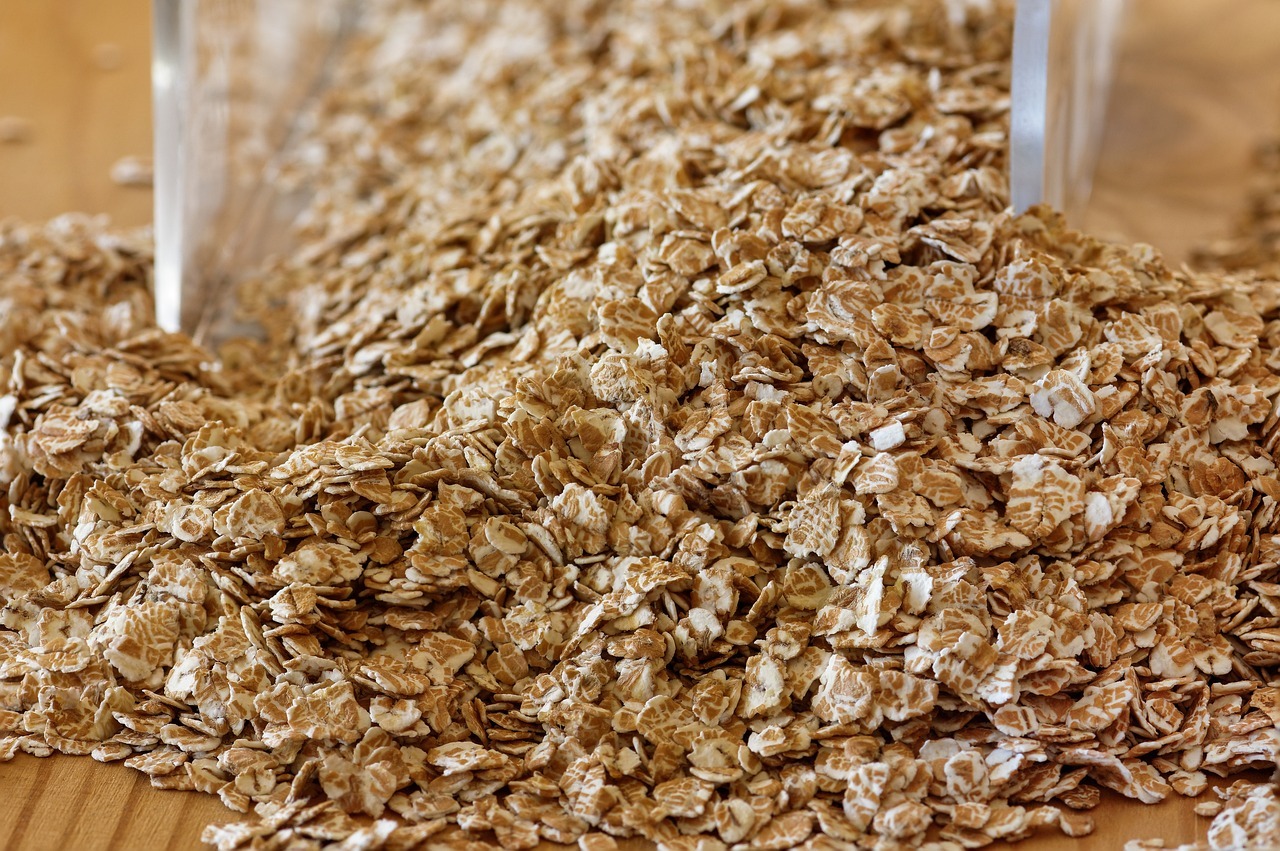
Zinc helps speed up wound healing by stimulating collagen production as well as helping to create immune cells that aid in healing wounds faster. It plays a crucial role in promoting immune function which can help prevent infection from developing in a wound. It is found in fortified cereals, shellfish and legumes. Taking a zinc supplement may also be beneficial if you are unable to get enough from your diet.
Iron

Iron plays an important role in the wound healing process by helping to transport oxygen to the cells in your body that need it most. It helps increase oxygenation in the blood which can hasten wound healing time. Iron is essential for producing red blood cells which carry oxygen throughout the body to aid in wound healing.
Good iron sources include red meat, nuts, dark leafy greens like spinach and kale, etc. Eating these will provide your body with the resources it needs to aid in wound healing. Taking an iron supplement may also be beneficial if there is an iron deficiency present or if you are unable to consume enough iron-rich foods on a regular basis.
Foods That Contain These Nutrients
Proper nutrition can help prevent and heal existing bedsores. Now that you know which nutrients are important for healing, let’s look at the foods that are rich in the aforementioned nutrients.
Protein-rich Foods
- Lean meats such as chicken breast or turkey breast
- Fish such as salmon or tuna steak
- Legumes such as black beans or chickpeas
- Eggs
- Dairy products such as milk or yogurt
- Nuts such as almonds or walnuts
- Seeds such as flaxseeds or chia seeds
Vitamin C-rich Foods
- Citrus fruits such as oranges or grapefruits
- Broccoli
- Sweet potatoes
- Bell peppers
- Spinach
- Strawberries
- Kale
Vitamin E-rich Foods
- Fortified cereals such as oatmeal
- Almonds
- Sunflower seeds
- Avocado
- Peanut butter
- Wheat germ oil
Zinc-rich Foods
- Oysters
- Beef
- Lamb
- Pork
- Legumes
- Nuts
- Whole grains
- Dairy products
- Eggs
- Shellfish
- Spinach
- Potatoes
- Beans
- Mushrooms
- Tofu
- Cranberries
- Grapefruit juice
- Apricots
- Peaches
- Plums
- Cantaloupe
- Chickpeas
- Bran cereal
Iron-rich Foods
- Red meat
- Beans
- Lentils
- Tofu
- Fortified cereals
- Nuts
- Soybeans
- Dark leafy greens like spinach and kale
- Osters
- Shellfish
- Dried fruits
- Iron-fortified breads
- Dark chocolate
Supplements
Bedsores can be a serious issue for those who spend long periods of time in bed. While some people are vulnerable to developing sores due to lack of regular movement, others may be having them because of poor diet and lack of nutrition. In fact, nutrition can be an effective component of treatment for bed sores. You might need supplements to help heal bed sores, including Vitamin C, E, Zinc and Iron supplements.
Conclusion
A balanced diet plays an important role in helping prevent and treat bed sores, thanks to its ability to provide your body with essential nutrients for tissue repair and regeneration. Protein, vitamin C, E, zinc, and iron, all have specific roles in aiding wound healing, so including a variety of foods rich in these nutrients is the way to boost healing.
In addition to proper diet, taking vitamin C and E supplements may also prove beneficial, especially if dietary intake is insufficient. Finally, it is always a good idea to consult a healthcare professional for personalized dietary recommendations based on individual needs.


